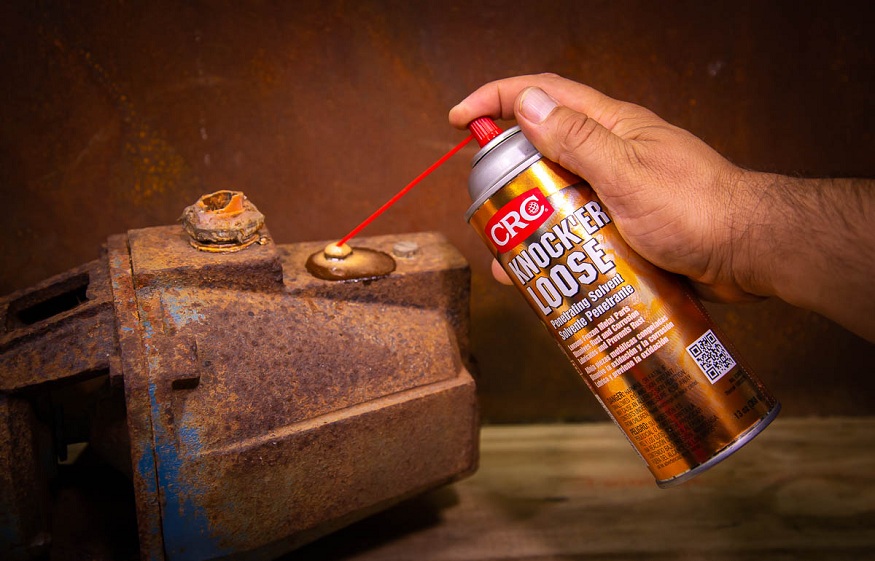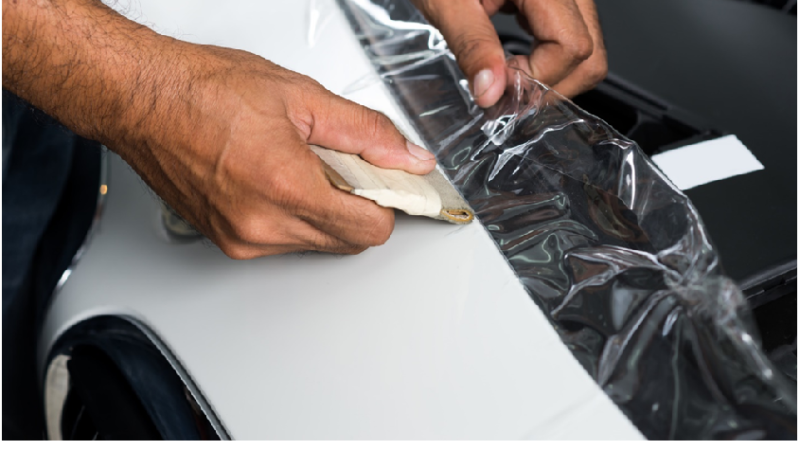Debunking Misconceptions About Using Penetrating Oil on Aluminum

When it comes to caring for aluminum parts, such as engine components or bicycles, many professionals turn to penetrating oil for its incredible ability to loosen seized fasteners and prevent corrosion. However, there are a number of misconceptions surrounding the use of aluminum that can lead to uncertainty and misuse.
This blog aims to separate fact from fiction about penetrating oil and aluminum. We’ll uncover the truth behind the common misunderstandings, explain the proper application, and help you choose the best penetrating oil for aluminum.
What Is Penetrating Oil?
Before we tackle misconceptions, it’s important to understand what penetrating oil is and why it’s a go-to solution. Penetrating oil is a low-viscosity lubricant designed to seep into tiny spaces, such as threads of rusted fasteners or tight mechanisms. It works by reducing friction, breaking down rust or corrosion, and making components easier to separate or move.
Penetrating oil is widely used in industries like automotive, construction, machinery maintenance, and even DIY projects.
Its properties make it efficient for aluminum, a lightweight and corrosion-resistant metal, though misinformation might have you believing otherwise. Let’s explore the key misunderstandings and clarify their truths.
Misconception 1: Penetrating Oil Causes Aluminum to Corrode
The Myth
One of the biggest fears is that using penetrating oil on aluminum will cause it to corrode or degrade over time. The idea comes from the misconception that some penetrating oils contain chemicals that react with metals, particularly softer ones like aluminum.
The Truth
Penetrating oil, by design, is non-corrosive. Quality products on the market today are specifically engineered to protect metals, including aluminum, from potential damage. Instead of causing corrosion, penetrating oils help prevent it by forming a protective barrier against moisture, which is a key trigger for oxidation.
When looking for the best penetrating lubricant, prioritize products that explicitly state they are safe for all metals. Many manufacturers test their formulas extensively to ensure compatibility with aluminum and other soft materials.
Misconception 2: Penetrating Oil Is Not Effective on Aluminum
The Myth
Another common myth is that penetrating oil isn’t as effective on aluminum as it might be on steel, particularly when dealing with stubborn fasteners or moving parts. It’s often thought that aluminum’s lightweight and nonrusting nature make it immune to common issues addressed by penetrating oil.
The Truth
While aluminum doesn’t rust like steel, it can corrode or seize up when exposed to moisture, salt, or contaminants over time. Penetrating oil is just as effective on aluminum as it is on steel when it comes to loosening stuck components, lubricating threads, and offering protection against further damage.
The key is choosing an oil that specifically caters to aluminum or offers multi-metal compatibility. Look for features like high penetration, moisture displacement, and corrosion resistance.
Misconception 3: You Only Need Penetrating Oil for Rusty Aluminum
The Myth
Some believe that penetrating oil is only needed when there’s visible rust, which leads to a misunderstanding about its broader benefits. With aluminum’s corrosion-resistant properties, the assumption is that there’s no need for preventive care.
The Truth
Penetrating oil isn’t just a “remedy” for rusted or seized parts—it’s a preventive solution. Aluminum can corrode, especially in the form of white, powdery oxidation that builds up when exposed to moisture or salt. Regular use of a penetrating lubricant can help you keep components in top condition by displacing moisture and providing a protective layer.
By incorporating a quality penetrating oil into your maintenance routine, you can extend the lifespan of aluminum parts and avoid costly repairs down the line.
Misconception 4: All Penetrating Oils Perform the Same
The Myth
A “one-size-fits-all” approach to penetrating oils is another common misconception. Some users believe that any penetrating oil will work perfectly on aluminum, so they don’t put much thought into choosing the right one.
The Truth
Not all penetrating oils are created equal. While many are versatile, there are specific formulations designed to work best on certain materials. For aluminum, it’s crucial to select oils that are tailored for soft metals, offering high penetration, lubrication, and long-term corrosion prevention.
When shopping for the best penetrating oil for aluminum, consider aspects like:
- Viscosity (low for better penetration)
- Non-reactive formulation
- Ability to displace moisture
- Added corrosion inhibitors
Some leading brands also include eco-friendly options that maintain efficient performance without harmful chemicals.
How to Properly Use Penetrating Oil on Aluminum
Now that we’ve debunked the misconceptions, it’s time to talk about proper application. To get the most out of your penetrating oil and ensure the safety of your aluminum parts, follow these steps:
1. Clean the Surface
Dirt, grease, or debris can prevent penetrating oil from reaching tight spots. Clean the surface with a degreaser or a clean cloth before applying the oil.
2. Apply Sparingly
A little goes a long way. Spray or drip a small amount directly onto the area needing lubrication or loosening.
3. Allow Time to Penetrate
Give the oil time to work its way into the threads or tight areas—generally 10–15 minutes. For tougher jobs, you may need to apply a second round or leave the oil for a longer period.
4. Use Tools Carefully
Once the oil has penetrated, use appropriate tools and gentle force to loosen fasteners or separate parts.
5. Reapply for Protection
After addressing the issue, reapply a small amount of penetrating oil as a preventive measure to protect against future corrosion or seizing.
Maintain Your Aluminum Parts with Confidence
Understanding and debunking the misconceptions about penetrating oil and aluminum will help you maintain your parts with ease and confidence. Far from causing damage, the right penetrating oil protects aluminum from moisture and corrosion, making it a versatile tool for maintenance, repair, and prevention.
By choosing the best penetrating lubricant for aluminum and applying it properly, you’ll ensure that your aluminum components remain in excellent condition for years to come.
If you’re ready to invest in the performance and longevity of your aluminum parts, explore our expertly curated products and tips for effective maintenance.





